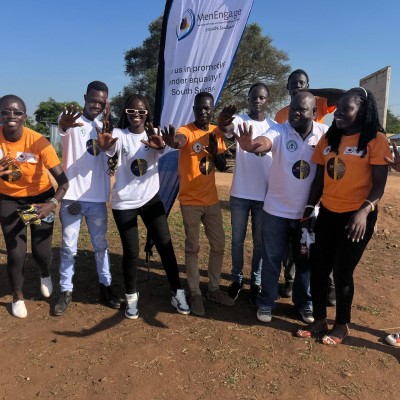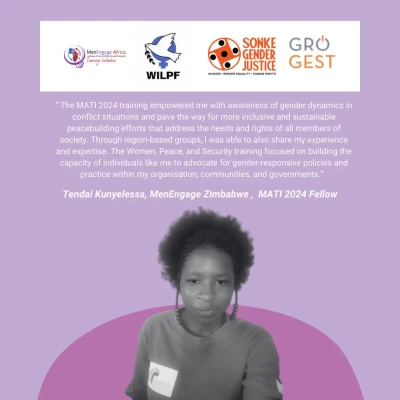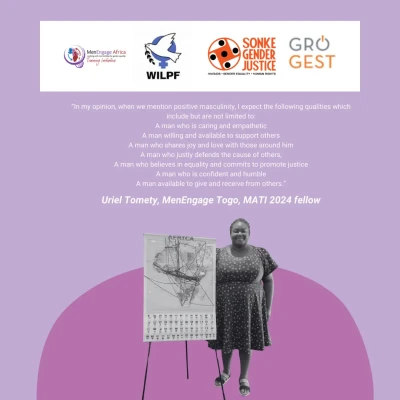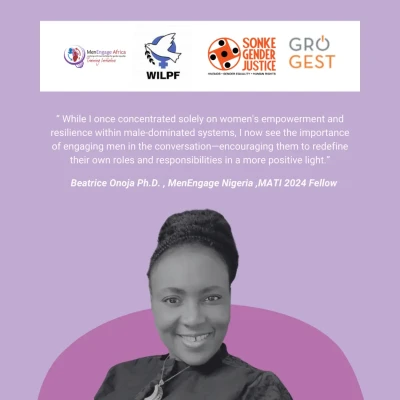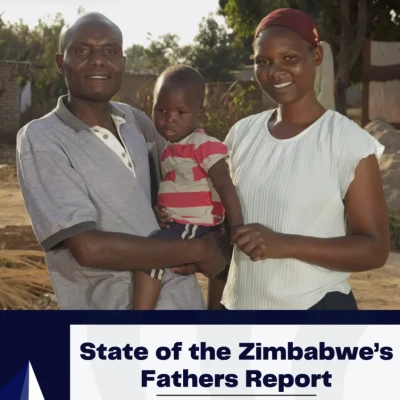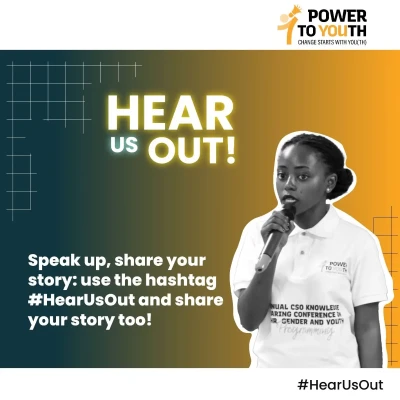
Sonke Gender Justice and SAfAIDS are implementing a two-year gender-transformative programme which seeks to transform gender roles and to promote more gender-equitable relationships between young men and young women; and to reduce HIV and gender-based violence (GBV), teen pregnancies and barriers to accessing sexual and reproductive health and rights (SRHR) among young people) aged 10 – 24 years of age in Zimbabwe by 2017.
Entitled “Changing the River’s Flow – A gender Transformative Programme for Young People (CTRF 4 YP)”, the programme works in Zimbabwe and it is aimed at marginalised communities that are hard to reach. It targets the farming and mining communities in the following areas:
- Nyanga district, which is situated in Manicaland province in northern Zimbabwe;
- Hangwe district, which is situated in Matabeleland North province in north-western Zimbabwe;
- Chiredzi district, in Masvingo province, which is located in south-east Zimbabwe; and
- Seke district, in Mashonaland East province.
The programme’s objectives are to:
- Build the capacity of local partners on gender norms transformation;
- Promote positive gender norms and values among young people to reduce GBV and HIV;
- Engage community leaders and parents to reduce harmful cultural and religious practices; and to
- Advocate for laws and policies that enhance equitable gender norms transformation.
Its expected outcomes are to:
- Have more girls and boys practicing equitable gender norms in their communities;
- Reduce harmful traditional and religious practices that fuel GBV and HIV; and to
- Help develop and implement policies that address GBV for positive SRH&R outcomes for young people.
External consultants were commissioned to conduct a baseline survey that would help us to benchmark and set indicators for the implementation of the different components of the Changing the River’s Flow for Young People (CTRF 4 YP) programme.
The baseline survey was necessary to help determine perceptions, attitudes and practices of boys and girls (in and out of school) towards gender norms and equality within schools and communities; to determine perceptions, attitudes and practices of parents, guardians and community leaders towards gender norms and equality in the socialisation of boys and girls; and to assess to what extent the school and community environment is conducive for gender equality.
In summary, the survey found that:
- The low level of knowledge on HIV and SRHR among young people is concerning and calls for special attention to address this gap;
- Harmful gender norms and practices are existent and they are real hindrances to the fight against HIV and AIDS;
- Findings are consistent with expectations and other similar surveys in general; and
- Findings confirm the relevance of the programme in the targeted areas and audience.
Key highlights of the baseline survey can be accessed here and the full report is here.



